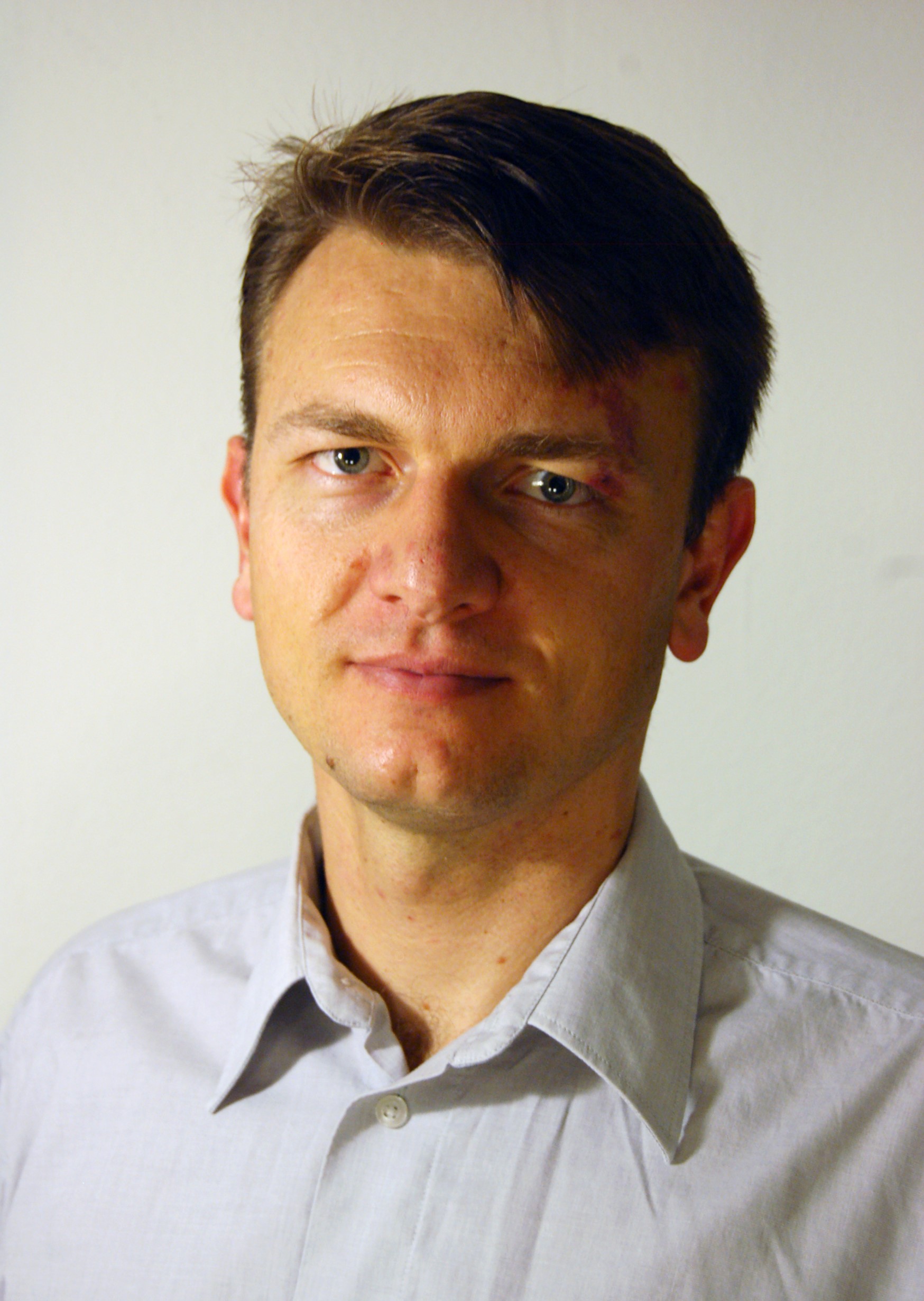Wednesday, 26 June 2019
Chairperson: Prof. Dr. Enrique J. Dede, ETSE University of Valencia, Spain
12:00-12:40
Electric Vehicle Charing–An Ultrafast Overview
The keynote will cover the broad topic of electric vehicles charging and provide an overview of the past and present developments as well as future trends in this field. With slowly but steadily increasing numbers of electrical vehicles on the roads, mobility transition is already happening and it requires significant support from various technology and policy makers. While the charging of the battery is not necessarily very technically demanding problem for power electronics specialists, automotive sector has branched out into many directions, creating confusing technological landscape outside. There are varieties of the electrical vehicles charging technologies, standards, requirements, different technological approaches and different charging levels (both in power and time). Technological bottleneck is still a battery technology used on-board of a vehicle impacting the driving range, while various legislative and administrative issues may be observed on the system level related to installation of the charging stations. Charging infrastructure, its cost, availability and performances, is very important factor that will directly impact smoothness of mobility transition and is wider deployment. Various V2X (e.g. Vehicle-to-Grid) concepts are envisioned and technologically demonstrated, but not deployed in reality due to lack of quantifiable incentives, supporting policies or strong business case. There are differences between approaches taken in different parts of the world as well between different automotive makers that further add complexity to the field of electric vehicles charging.At the level to technology, power electronic converters are essential part of the system, both in AC and DC charging approaches, on-board and off-board chargers, providing regulated power flow and ensuring safe charging without battery degradation. Yet, implementations are different for different charging levels (L1, L2, L3), contact versus contactless (IPT), different speed of charging (slow, fast, ultra-fast), and type of vehicles (car, bus). Developments in the wide-band gap semiconductor area offer new conversion possibilities with improved performances over state-of-the-art counterparts. The keynote will address these issues and provide an ultra-fast overview while highlighting the role, impact and opportunities for power electronics technologies and community as whole.
Prof. Drazen Dujic, École Polytechnique Fédérale de Lausanne(EPFL), Switzerland

Drazen Dujic is an Assistant Professor and Head of the Power Electronics Laboratory at EPFL, Lausanne, Switzerland. He received the Dipl.Ing. and MSc degrees from the University of Novi Sad, Novi Sad, Serbia in 2002 and 2005, respectively, and the PhD degree from Liverpool John Moores University, Liverpool, His research interests include the areas of design and control of advanced high power electronic systems and high-performance drives, predominantly for the medium voltage applications related to electrical energy generation, conversion and storage.